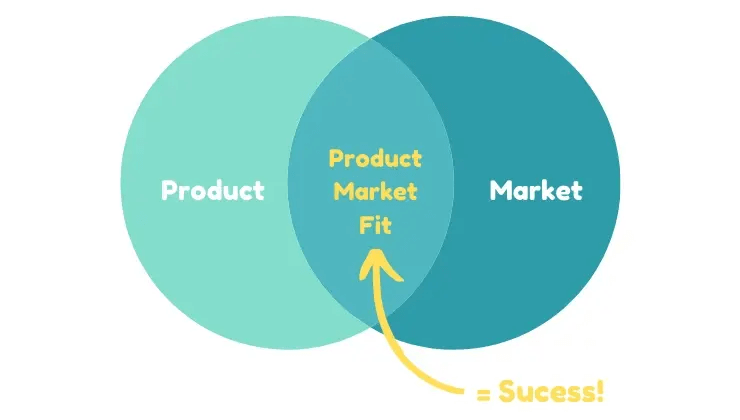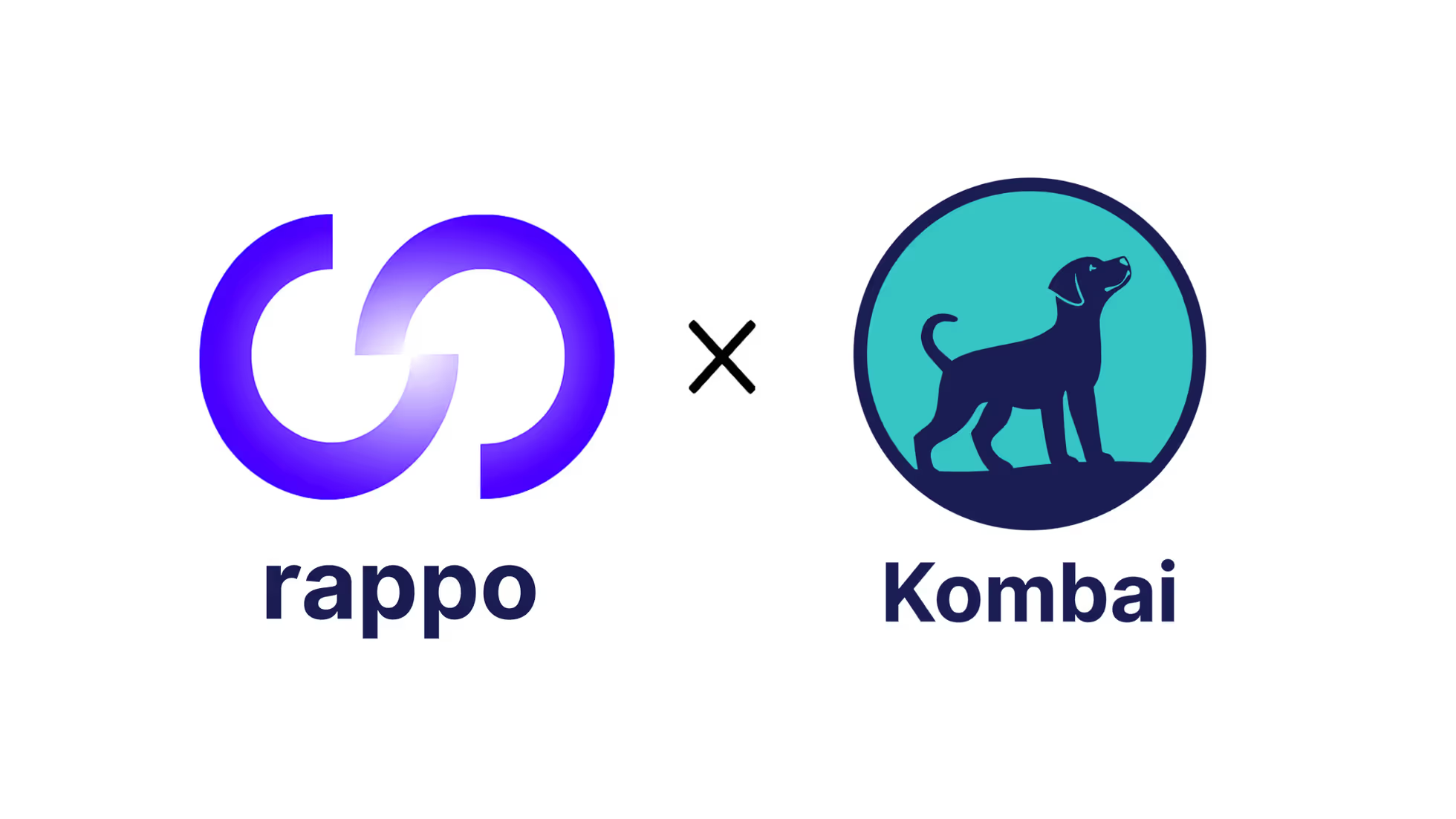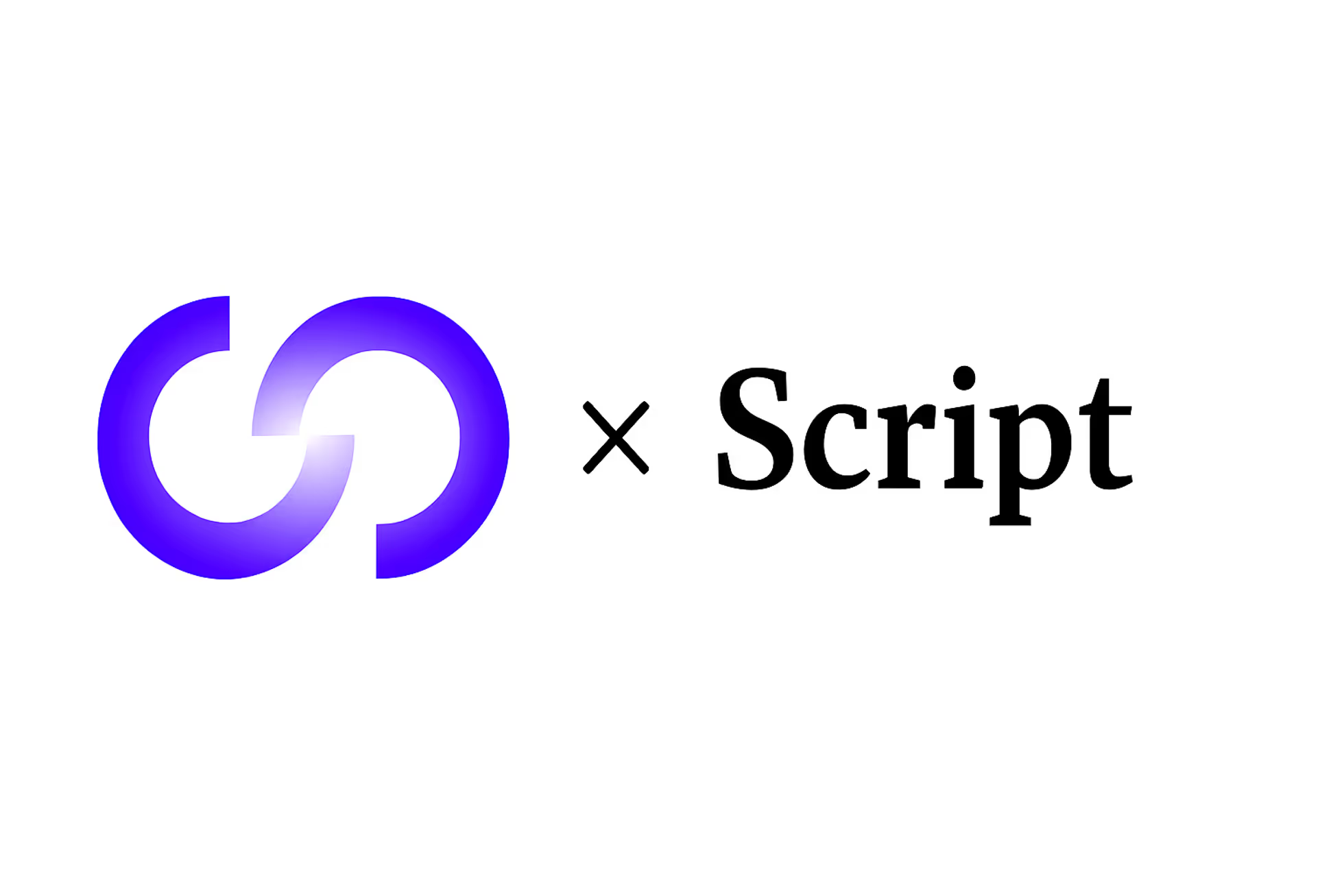rappo Vanessa Feng • Aug 23, 2024
Why Product Validation is Critical for Startup Success
Product validation is essential for startup success.

Product validation is a process that checks whether or not a product, feature, or solution addresses the needs and pain points of current and potential customers. Rappo facilitates this process by connecting founders with the right Champions (seasoned engineering leaders who can influence decision-making at later-stage companies). But what makes product validation so important?
In the dynamic and fast-paced world of startups, product validation is an important step. Proper validation tests the feasibility of an idea and ensures that a product will align with market needs. Even the most innovative ideas can fall short without product validation. Here’s why it’s crucial for the success of any startup and why it’s a good place to start once you have developed a viable idea.
1. Product-Market Fit
Product-market fit is a measure of how well a product meets the needs of a market.
Its optimal point occurs when a product or solution perfectly meets the needs/demand of a specific market. Product validation helps determine this optimal point. By validating a product early on, startups can avoid investing time and resources into building products and solutions that lack demand, ensuring that you are building something that people want and are willing to pay for. This process is essential to entering the right market and setting the stage for scalability.
2. Reduce Risks
Product validation helps to reduce the risks that startups may face. By validating a product before a full-scale launch, your team can effectively identify potential misalignments with market needs and customer demand. This creates space to adjust and refine a product based on real-world feedback, which greatly increases the success rate. This step helps startups make informed decisions, so when you do go all-in, it’s with confidence rather than taking blind leaps.
3. Save Time and Resources
Building a product can be time-consuming and resource-intensive. Launching before conducting product validation creates the risk that all the efforts could go down the drain. Product validation is a great way to ensure that the resources you invest—time, money, manpower—are directed toward building something that has a great chance of succeeding, or just surviving. Validating early can avoid costly mistakes and prevent unnecessary resource investments.
4. Gain Investor Confidence
Investors are more likely to back startups that can demonstrate validated products and solutions. Product validation serves as proof to the investors that there is a scalable demand for your solution. When you can show that your product has been tested and refined to fit into its target market, you’re in a much stronger position to secure funding.
Investors want to see that you’re not just betting on an idea, but that you have adequate evidence of its potential success.
5. Product Development
Though product validation is important for an early-stage startup, it can be helpful throughout the entire journey. Product validation can be an ongoing event that encourages product development. By continuously validating a product with real users and real data, you can gather insights into what’s working and what needs improvement. Treating product validation as an iterative process leads to enhanced products/solutions that evolve in response to user needs and market trends.
Continuous product validation ensures that a product can adapt to changing market conditions, stay ahead of the competition, and meet changing customer needs. It’s a process that doesn’t just ensure initial success but sustains it over time.
6. Building Customer Trust
While investors are more likely to back startups with validated products, customers are also more likely to choose those products. When users see that a product has been tested and refined based on market feedback, they’re more confident in its quality and effectiveness.
Product validation helps build that promise, which is crucial for customer acquisition and retention. It demonstrates that a startup is committed to delivering a product that meets the needs and changing expectations of clients.
7. Boosting Marketing and Sales Efforts
A validated product is easier to market and sell. When you’ve gone through the validation process, you have a clear understanding of your target audience, their pain points, and how your product solves them. Understanding the demand allows you to create more effective marketing plans and sales pitches that resonate closely with potential customers. Product validation provides the foundation for a strong GTM strategy.
More blogs for you
Rappo • Vignesh Ravichandran • Jun 10, 2025
How Kombai Used Rappo to get product feedback for its AI Frontend Assistant with Engineering Champions
Learn how Kombai validated their AI frontend assistant by connecting with seasoned engineering champions through Rappo for honest feedback and strategic insights.

Rappo • Vignesh Ravichandran • May 29, 2025
Script Capital Backs Rappo to Tackle 0→1 GTM for Technical Founders
Rappo announces funding from Script Capital and shares its mission to connect technical founders with engineering champions.

Rappo • Vignesh Ravichandran • May 22, 2025
The Good, The Bad, and The "Drunk Junior Engineer": Real Feedback on Cursor from Engineering Leaders
Real feedback from engineering leaders on Cursor AI, from enthusiastic adoption to the memorable 'drunk junior engineer' comparison.
